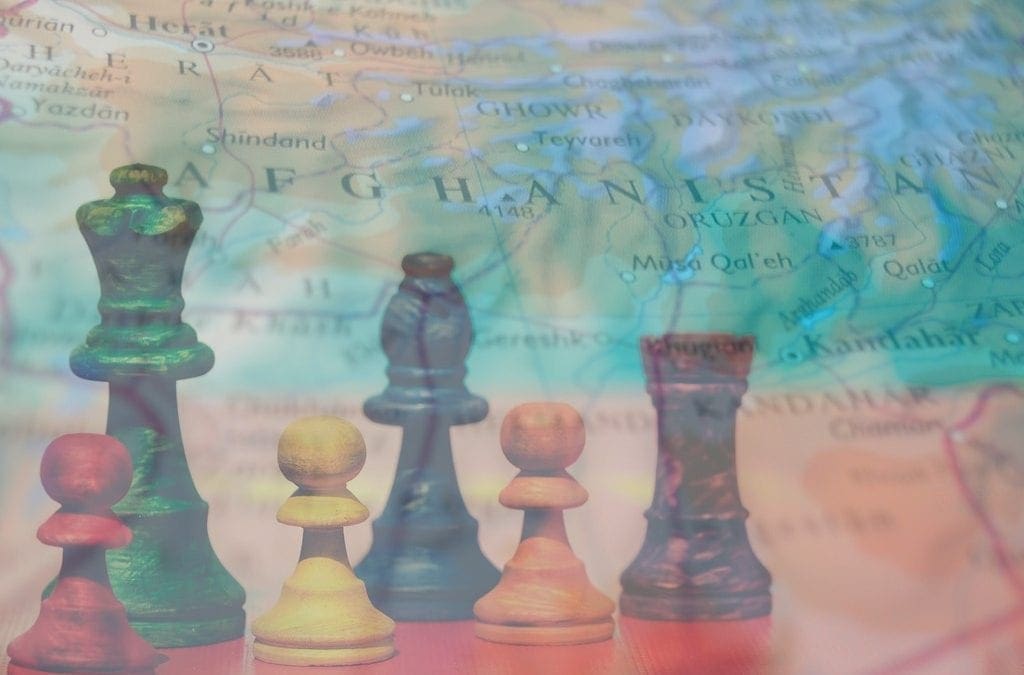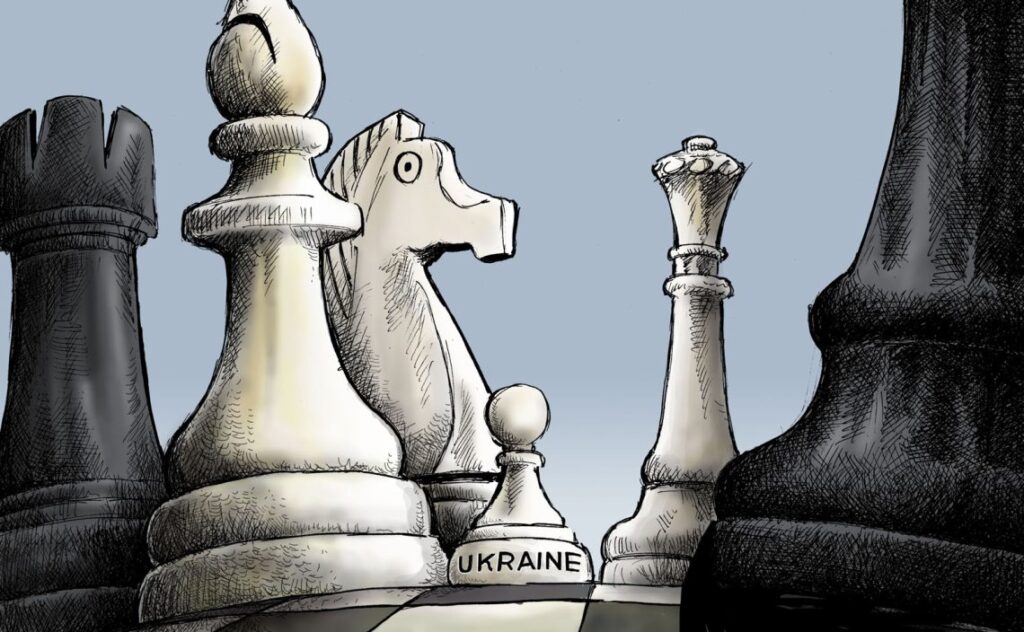The war in Ukraine has significantly reshaped the geopolitical landscape, acting as a central point in the global power struggle. This conflict, viewed through the lens of Zbigniew Brzezinski’s “grand chessboard” concept, exemplifies how global powers vie for influence in the critical Eurasian region.

Source:- bbc news
The war has deepened tensions between the United States and Russia, with the West, led by NATO, supporting Ukraine’s sovereignty and territorial integrity. This aligns with Brzezinski’s view that control over Ukraine is essential for maintaining stability in Europe and preventing Russia from regaining its imperial influence. Russia’s actions challenge the post-Cold War order and push it into direct confrontation with NATO forces and the European Union, which seek to counter Russia’s aggressive stance.
Source :- news 18
At the same time, the war has complicated China’s position. While Russia and China have deepened their strategic ties, China’s commitment to territorial integrity (especially with its own ambitions regarding Taiwan) makes it cautious in fully backing Russia’s actions. The conflict also strains China’s relationship with the EU, which views the war as a threat to European security and economic stability. As a result, China has sought a balancing act, maintaining its ties with Russia while avoiding being drawn into a broader confrontation with the West.
The war thus plays out not just in the territories of Ukraine, but in a broader geopolitical chess game where the stakes involve the balance of power in Eurasia and beyond. The outcome will have far-reaching consequences, not only for Russia and Ukraine but for the strategic calculations of China, the EU, and the US
Share your views in the comments

